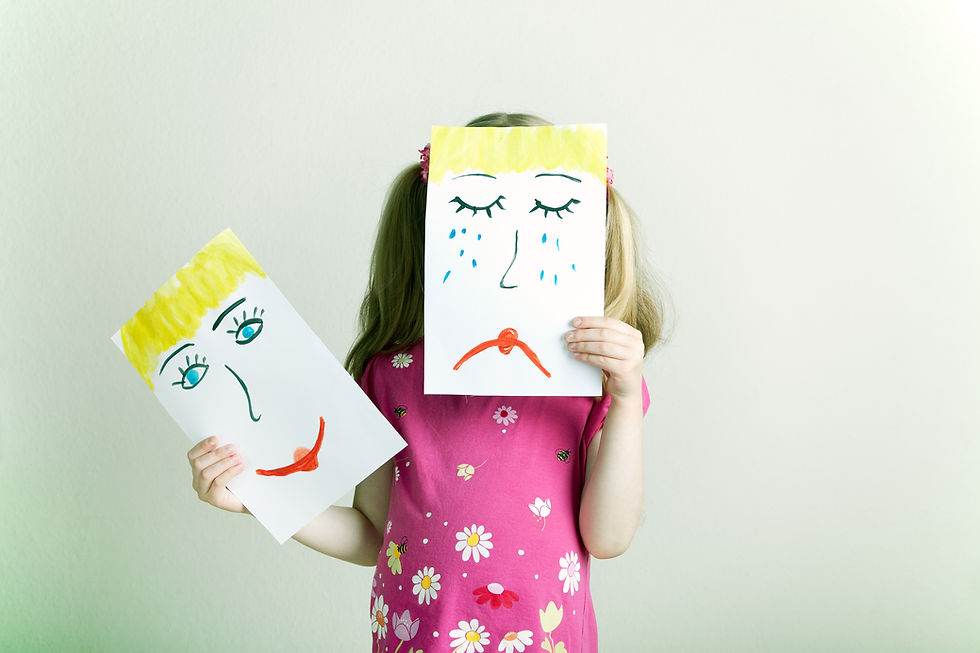Why education is basically chocolate cake...
- Steve

- May 12, 2020
- 2 min read
Updated: May 13, 2020

“Would you rather only ever have books or TV?”
“Both!”
“You can’t have both-you have to choose”
“Why?”
“Because that’s the game.”
Over the years my children have asked (seemingly) thousands of variations on this theme.
----------
“Chocolate or cake?”
“Both!”
“Dad…”
“Look, this hypothetical binary choice results in arbitrary decision making where I am forced to choose a life in which both options are worse than the status quo where I can have chocolate and cake. BOTH!”
“You should have just said chocolate cake…”
This is harmless childhood whimsy. It’s what you do when the outcome is theoretical and inconsequential.
It’s harmless childish puritanism-which is why children love it.
----------
“Skills-based curriculum or knowledge-based curriculum?”
Hang on. This does matter. The future wealth and prosperity of my children and our nation may hang on this.
This is big, but I’ve got this.
I’ve trained for this.
“Both.”
“You can’t have…”
STOP RIGHT THERE!
Yes, we can and must have both. This is non-argument, so why do a handful of people who should know better keep trying to win. It’s not Xbox vs PlayStation.
To simply know times tables, kings and queens, spellings, and a bunch of technical grammar will not equip anyone to add value to the world. Yet to be alive with curiosity, communication skills, creativity etc. without the foundational knowledge of our entire civilisation upon which to build would be a…waste!
This is where we get back to chocolate cake. Skills and knowledge are a perfect combination-and developing skills such as self-control, teamwork, curiosity, creativity, listening etc. requires teaching three very specific forms of knowledge…
Knowledge of what good looks like. This knowledge is built through direct teaching, but must become part of a whole-school culture with staff explicitly role modelling such skills and placing a high value upon pupils use of them.
Self-knowledge. Pupils (and staff) need to be aware the combination of skills appropriate to any given situation or task. This is an aspect of meta-cognition. Teachers may initially direct this through ‘parallel lesson objectives’, with required skills highlighted alongside the curriculum objective. In the longer-term pupils should be taught to identify and apply the relevant skills for themselves.
Knowledge of how to achieve progress in skill development. Once pupils know themselves it is vital that they learn a growth mindset and strategies to help them develop their weaker skills. As with the knowledge curriculum we must create a spiral of improvement irrespective of starting point. There must be high expectations of improvement and a clear sense of what the next level of achievement looks like.
Skills are not a soft alternative to a rigorous curriculum-they are the tools with which to work that curriculum.
It is the marriage of skills and knowledge that together make chocolate cake.
And that is always a good thing.
-------


Comments